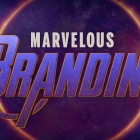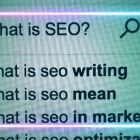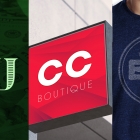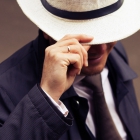What We Can Learn from Social Media Fails
We recently posted an article we found on Mashable on our Twitter and Facebook pages. It was about the biggest social media snafus of the year and we thought you might enjoy reading it. But then, we thought, WAIT! We should talk about some of these on the blog!
It’s always fun to laugh at the failures of others, right?
Well, not really, but we can certainly learn from them so that we don’t make the same mistakes ourselves, so that’s what we’re going to do today.
When you’re out there being social you have to be very, very, very careful. And after that, you should be cautious. Not even big brands with dedicated social media teams are immune to the occasional blunder and even the most innocently intentioned status update can turn into Armageddon. Let’s take a look.
McDonald’s #McDStories
This well-intentioned and perfectly appropriate social media campaign accidentally backfired when people started sharing the wrong kind of #McDStories. McDonald’s intended the campaign to draw attention to the wholesome, farm fresh goodness of its produce (no snickering allowed), but it quickly turned bad when folks started using the hashtag to share horror stories of food poisoning, animal cruelty, and health problems associated with McDonald’s.
It was not a huge disaster by the end of the day as they quickly pulled #McDStories after only two hours, but it’s a great example of how a vague hashtag can turn into a wildfire on social media.
Lesson Learned: the McDonald’s team did a good job turning it around once the conversation went awry, so it’s important to pay attention to what’s going on and to have a contingency plan if things blow up. Also, don’t use hashtags that can be misapprehended. Think to yourself: “can somebody twist this around and use it against me?” If the answer is “yes,” pick a new hashtag.
CelebBotique’s #Aurora
This whoopsie made CelebBotique look kind of stupid when they made a joke on Twitter about the trending hashtag #Aurora being about their Aurora dress. The hashtag was trending because of the mass shooting in Aurora, Colorado, but the social media department at CelebBotique, based in the UK, was unaware of the incident and unintentionally made an insensitive and inappropriate joke.
Calls to boycott the company came immediately, leaving CelebBotique to issue a heartfelt apology and delete the tweet.
Lesson Learned: always check the reason for a trending topic. Always.
American Apparel’s Hurricane Sandy Sale
American Apparel sent out an email blast just before hurricane Sandy was due to hit the Northeast, offering 20% off to folks in the states expected to be hit hardest by the storm. They were targeting online shoppers who may be “bored” sitting at home during the storm.
Well.
Many people were offended by this and took to Twitter to express their outrage.
But American Apparel wasn’t the only one thinking it would be cool to take advantage of a natural disaster! Gap did something similar.
Lesson Learned: never try to turn a natural disaster into an opportunity to run a promotion. It’s just very bad taste and so, so insensitive. The only time this seems like it would be acceptable is if you give folks a discount on storm preparation supplies like bottled water and first aid kits. Tee shirts and jeans? Not so much.
Snickers really satisfies…celebrity pocketbooks!
Snickers paid several celebrities in the UK to tweet about something really silly and then follow up later with a tweet about how they weren’t feeling like themselves until eating a Snicker’s bar straightened them out. Some of the fans of these celebrities were quite annoyed to find out that those tweets were actually advertisements. People who follow celebrities on Twitter don’t want to be advertised to.
This also brings up a legal issue: shouldn’t celebrities (or bloggers or anyone with a following in the social sphere) disclose that they’ve been paid to endorse a product? It’s pretty obvious in something like a television commercial, but in a tweet, it’s not so transparent. Paid promotions in the social sphere should be clearly stated. Twitter’s promoted tweets are clearly labeled, but things like a celebrity endorsement tweet aren’t. They sneak them right in.
Lesson Learned: we need to be careful not to turn Twitter into a marketing bonanza. People aren’t on there to be advertised to. Celebrity endorsements on social media need to be clearly labeled. If that means the celebrity loses followers because they’re doing paid promotions, then so be it. That’s the risk they’re taking.
We think the key to this whole thing is that you have to think everything you say and do on social media all the way through before posting anything. Even then, things can go wrong, so you’ve got to pay close attention to what’s going on and always have an action plan.
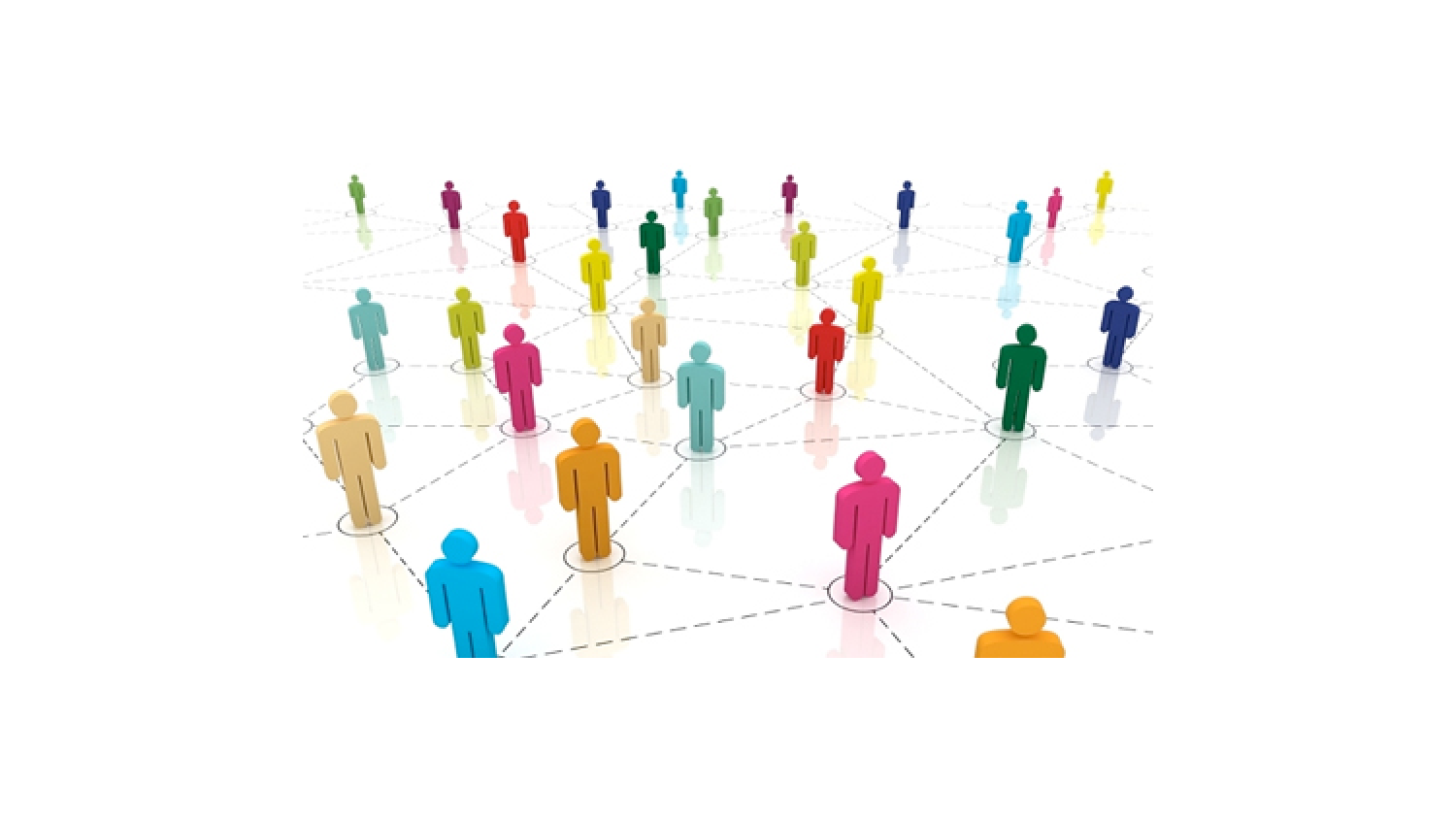
 An agency-eye view of Marketing, Advertising, Branding, Design & Media.
An agency-eye view of Marketing, Advertising, Branding, Design & Media.